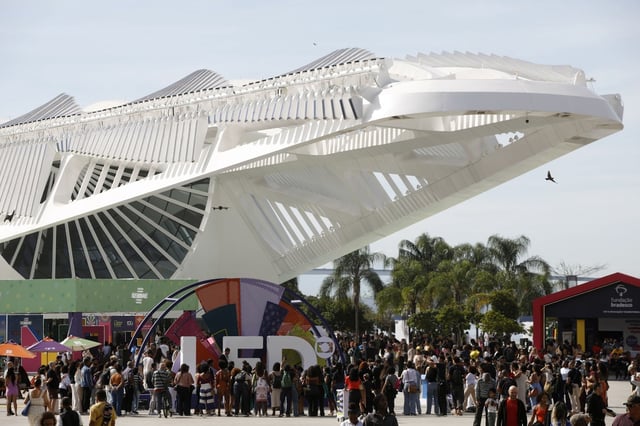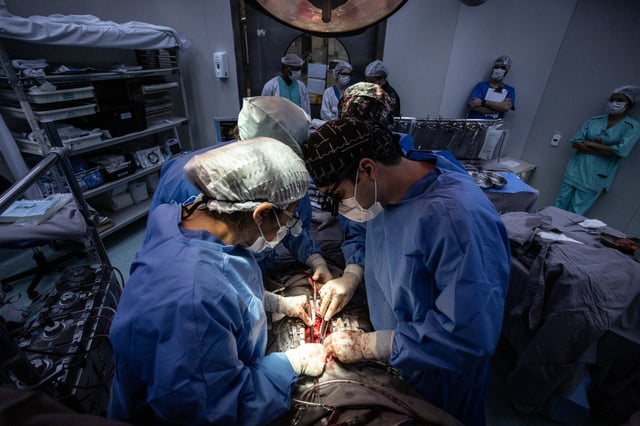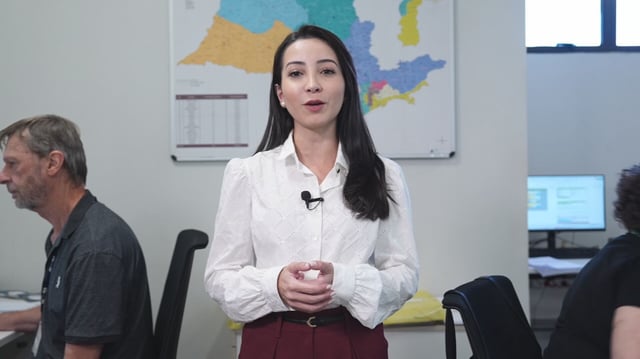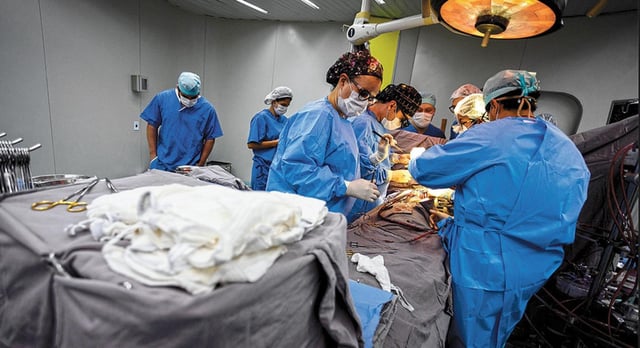Overview
- The Health Ministry introduced the Política Nacional de Doação e Transplantes, the first specific portaria since 1997 to set standards for the national system.
- An annual R$20 million package was announced, including R$7.4 million for Prodot to reward hospital teams that identify potential donors.
- Intestinal and multivisceral transplants are now included in the SUS, with initial authorization limited to five specialized centers in São Paulo and Rio de Janeiro.
- Technical updates include virtual crossmatch to speed compatibility checks and routine use of amniotic membrane for burn treatment, especially in children.
- Brazil recorded 14,904 transplants in the first half of 2025, yet roughly 80,000 people remain on waiting lists and families decline donation in 45% of cases.



